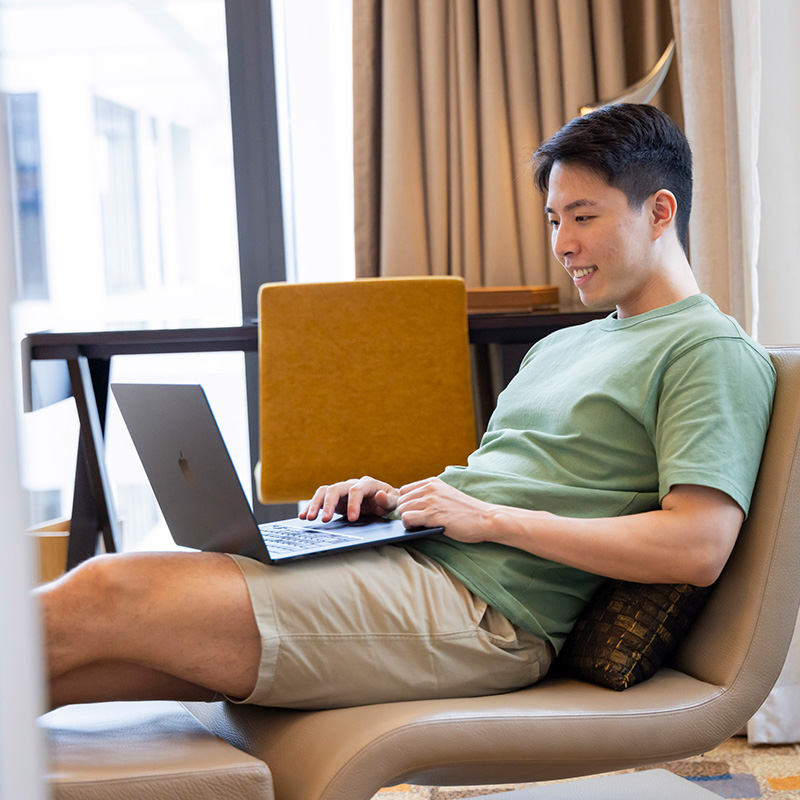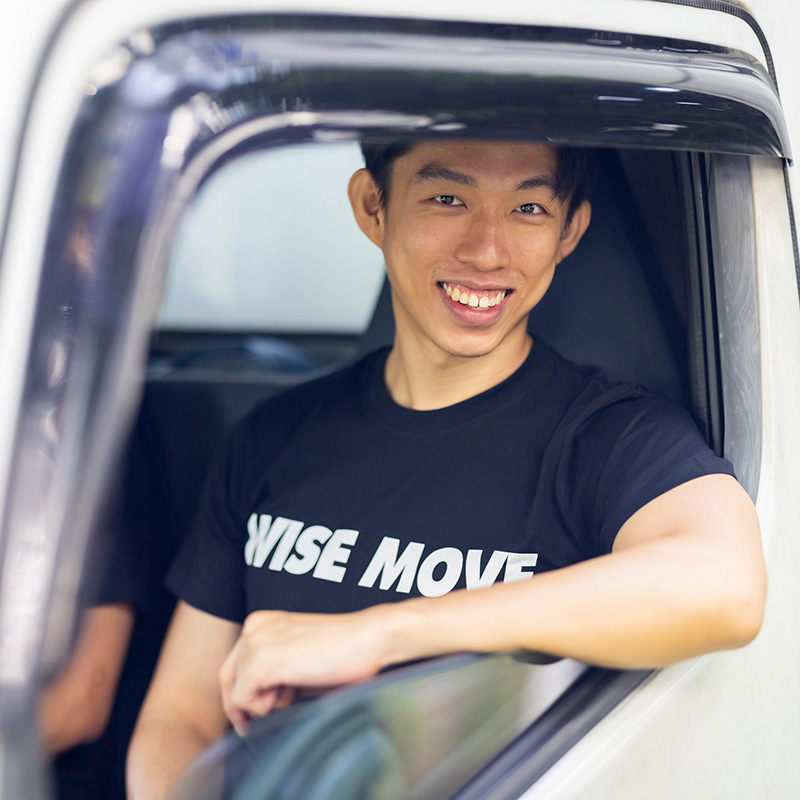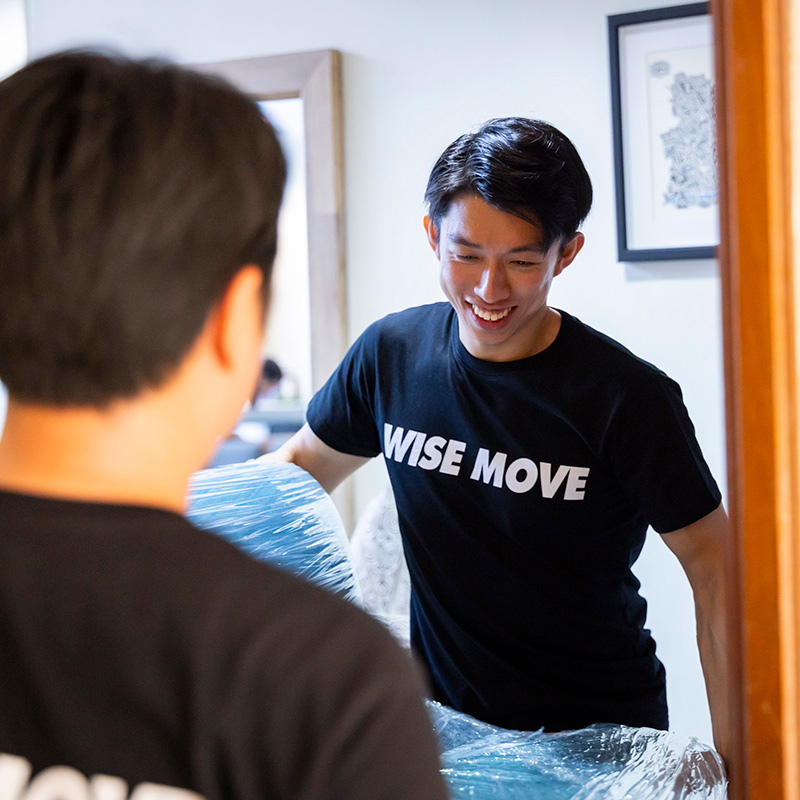Cultural and etiquette tips for newcomers to Singapore


Step into Singapore for the first time and you will be greeted by our modernity, cleanliness and efficiency. After all, that’s what we’re known for.
A fabulous city skyline with glittering skyscrapers, iconic structures, and manicured green spaces belie a cultural hodgepodge of ethnicities, dialects, and unspoken social norms.
For example, have you ever visited a hawker centre to try some delicious local fare, purchased your food and made your way to a seemingly vacant table with a tissue packet that looks to have been left behind by accident–only to be chased off by an exasperated local in a huge huff and with a look of consternation?
That’s right, you’ve unwittingly experienced our inimitable “choping” culture firsthand. (To “chope” is to reserve in Singlish.)
Is it confusing? Perhaps, very. But these 7 tips will help you make sense of many of our quirks and etiquette norms and help you navigate social interactions in Singapore like a local.
1. Traditional Asian values are upheld here

Singapore is as Asian as they come, and it’s no big surprise. Our society is predominantly a Chinese, Malay, and Indian—so while our environment looks extremely modern, many Singapore residents still retain deeply conservative Asian values.
Think: an inclination for social harmony over individualism, filial piety and respect for elders, the belief in hard work, and forgoing personal freedom for the greater good.
As a newcomer, these values may seem incredible, especially if you’re from a Western country.
Not to fear, you absolutely do not have to leave your beliefs at the door when you come and live in Singapore. Many younger people are pretty Western in their outlook and thinking. Just bear these Asian values in mind when you’re interacting with people you’ve just met and are slowly getting to know, to avoid offending anyone right off the bat.
2. Racial and religious harmony is king
As a country famous for our multiculturalism, and racial and religious harmony, we take this very seriously indeed. Our peace and stability today in spite of the different races that make up our social fabric are hard-won, after years of turbulence and unrest in the 1960s.
To that end, multiculturalism and racial harmony are enshrined in our National Pledge and in the Constitution, and is also overtly emphasised in schools as part of National Education in the national curriculum and celebrated during the school term every year as Racial Harmony Day.
There are also laws protecting racial and religious harmony in Singapore, which allows perpetrators of racial and religious unrest to be punished in the court of law.
In short, please treat everyone with respect, regardless of language, race, or religion–everywhere you go in the world, and most definitely in Singapore. There are lots of opportunities to interact with people of different races, religions, and cultures here in Singapore, so do come with an open mind and heart!
3. Respect your elders
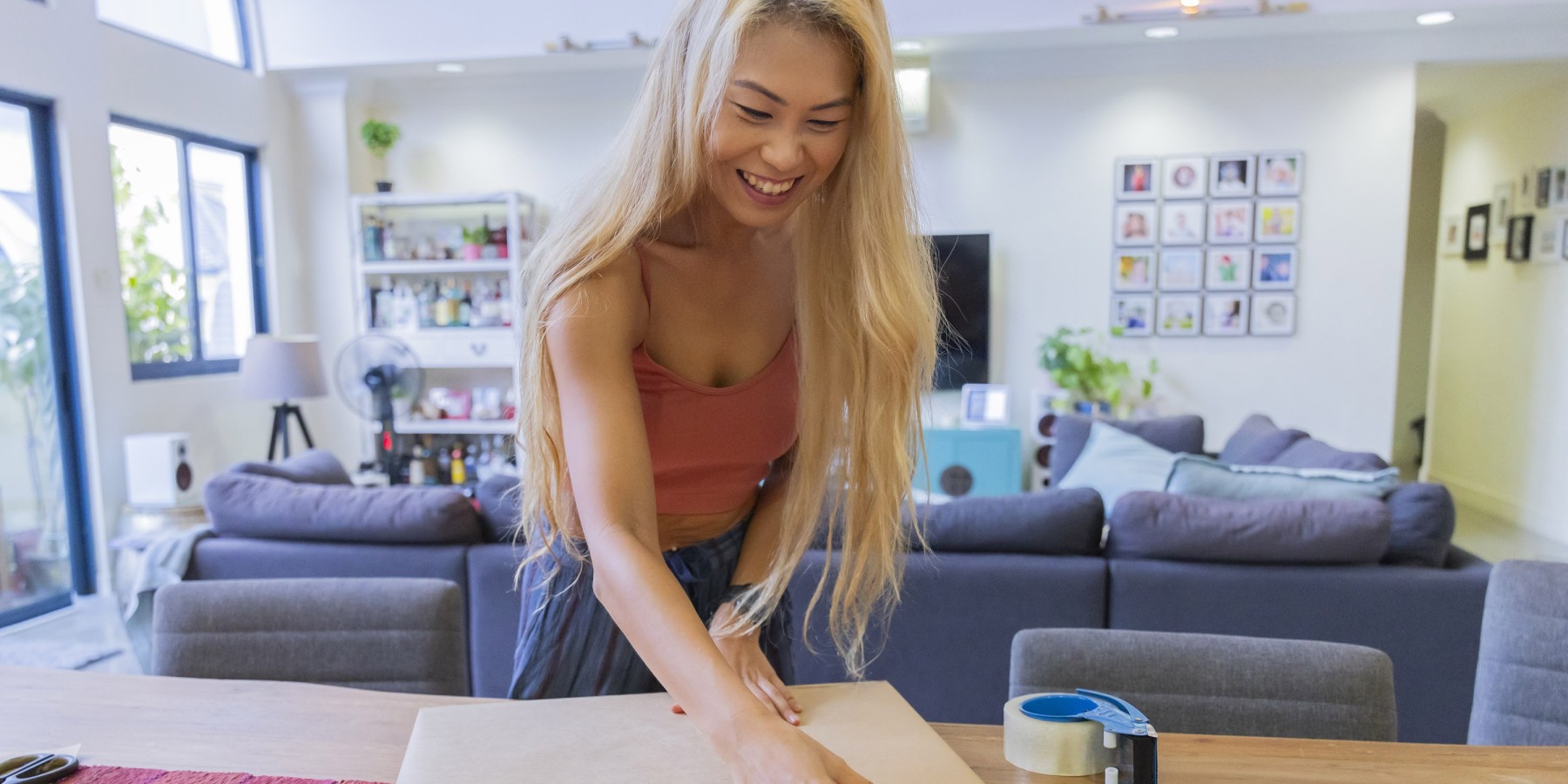
There is an unspoken norm that elders are held in high regard in Singapore. It’s typical of Asian societies because of the great emphasis they place on values like filial piety, and Singapore is really no different.
To show your respect, you should always greet the elder first with a small nod of your head or a handshake. If you’re in a professional setting, you can call the older people with the basic Mr, Mrs, Miss honorifics–and only drop them if asked to.
At informal settings such as at the lobby of your apartment building or if you’re introduced to the parents of your Singaporean friends, you may call the elder “Aunty” or “Uncle” even though they are not related to you. The “Aunty” or “Uncle” term is usually used by children calling adults with a big age difference, so you would be using these terms for older people who look much older than yourself.
In Singapore much like in other Asian societies, it is the difference in age that matters more than the absolute age.
For example, the parent of a same-aged friend or older would be about 20 to 30 years older than you, so calling them “Aunty” or “Uncle” would be appropriate. However, the parent of a friend who is a lot younger than you may only be 10 years older than you, so you should call them “Mr” or “Mrs” rather than “Aunty” or “Uncle”.
It all sounds pretty confusing for a newcomer, so just ask politely if in doubt: “How should I address you? Mr or Mrs or Miss, or Aunty or Uncle?”
4. Smoking freely in public places is not a thing
It’s illegal to smoke in many public places in Singapore except in open spaces, and designated smoking areas which include approved corners at coffeeshops, office buildings, shopping malls. Here’s the list of the places you can and cannot smoke in, but the fundamental rule is that your smoking habits should not harm others in the form of second-hand smoke.
This issue of second-hand smoke is taken so seriously that there have been disputes that have arisen from people smoking in their own homes and neighbours complaining to the Town Council about second-hand smoke coming into their homes.
The fine for getting caught for smoking at non-approved places is anywhere from $200 to $1000, so you’ll definitely want to remember this if you’re a smoker.
5. Choping seats is perfectly acceptable
The somewhat amusing practice of “choping”, or reserving a seat using a packet of tissue paper is one of the most quintessentially Singaporean habit you can find in the wild while you’re here in Singapore.
Other objects are fair game too–from umbrellas to hand sanitiser to water bottles to reusable bags–anything goes, really.
So if you see someone’s possessions on a seemingly empty table at a coffeeshop, hawker centre, or food court, it’s highly likely that the seat has been “choped” by someone else while he goes to get his food.
Curious about how this started? We hear it all began with the office crowd who worked in the Central Business District, who would use their personal effects to reserve seats before heading off to buy their food so that they wouldn’t have to wander around the place looking for a seat while balancing a hot bowl of food and navigating the bustling lunch crowds.
As for why tissue packets–it’s simply because they are commonly brought around by everyone and are not expensive items to leave around, if anyone decided to make off with them!
6. Remove your shoes when entering a home
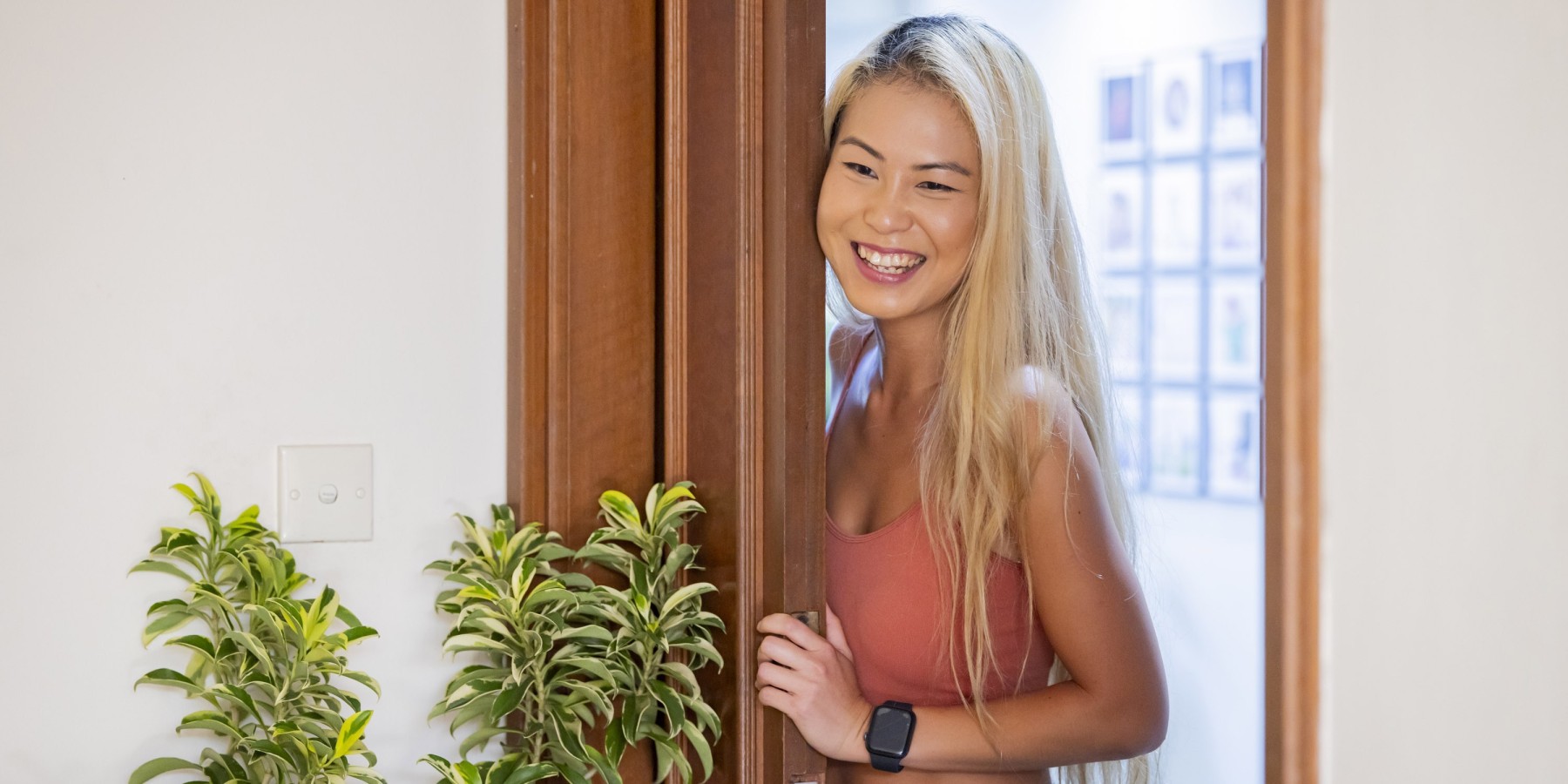
As with many other Asian countries, Singaporeans always remove their shoes when entering a home—whether it is a Chinese, Malay, Indian, or Eurasian home.
This action is symbolic and hygienic, as it is considered rude to bring dirt from outside into the home.
Some homes have home slippers for you to put on upon entering, or you may keep your socks on. Whatever it is, do try to remember to leave those shoes outside the front door when visiting your local mates’ homes!
7. Overtake on the right
When it comes to escalator etiquette, Singaporeans who wish to ride keep to the left, while those who wish to walk keep to the right. This may seem counter-intuitive; after all, most of the world does the exact opposite.
Why do we do this? Well, perhaps we’re just used to keeping to the left when we’re not in a hurry, much like how we keep to the left lane when driving on cruise mode, leaving the right lanes for overtaking.
However this all began, it has become the unofficial norm in Singapore, so you’ll want to go with the (left-standing) flow while here in Singapore to avoid impatient people trying to squeeze past you if you inadvertently stand on the right.
Don’t be fazed by Singapore’s unofficial etiquette norms–we’re truly a friendly bunch to newcomers. We’re not known for our huge commitment and belief in multiculturalism for nothing.
If you forget anything, a sincere apology and a quick reminder-to-self to learn will keep everything going smoothly and pleasantly for you!
What do our customers say?




What’s happening?
Please notify us of any violations. This information will be kept confidential and shared only with Wise Move.
- It’s inaccurate or incorrect
- If you find it offensive
- It’s something else

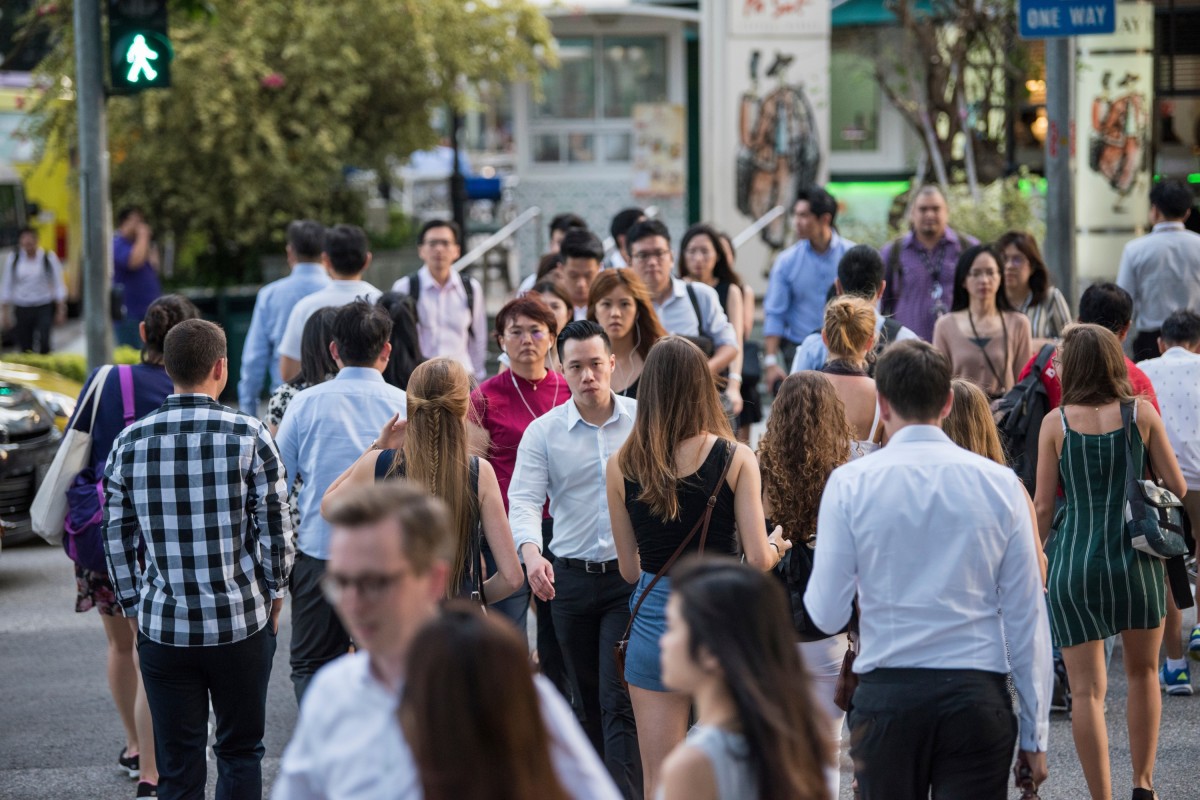
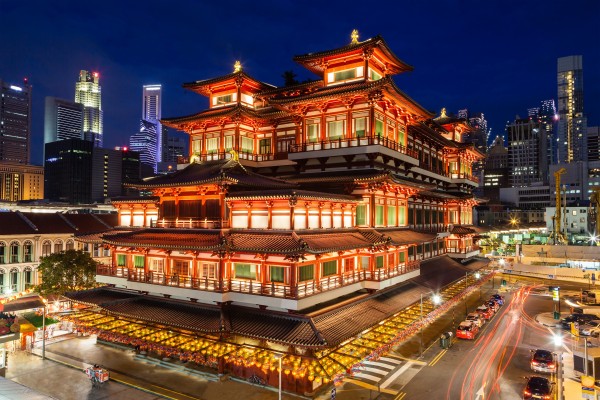
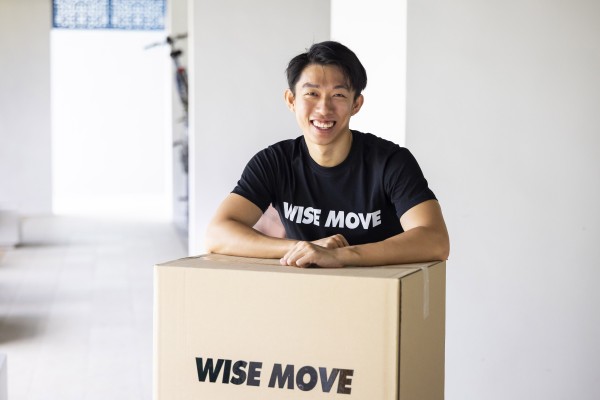
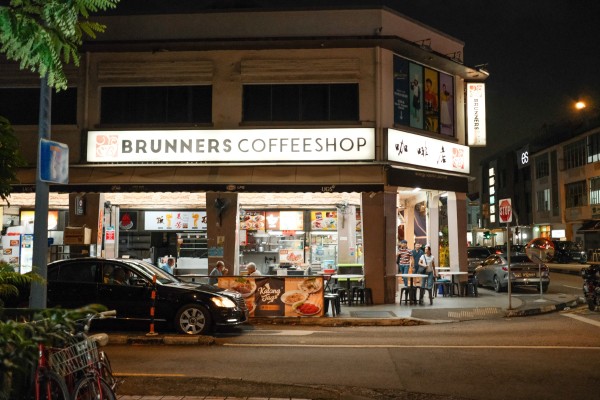
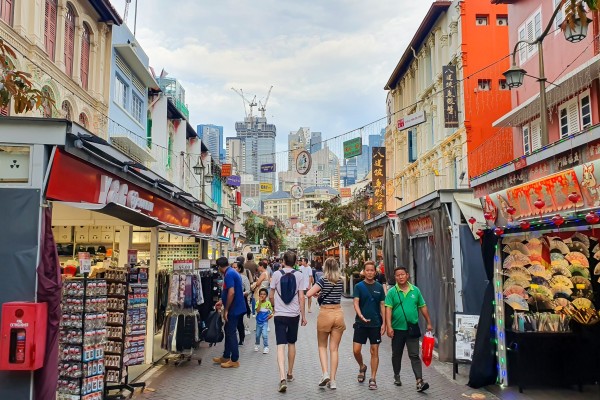
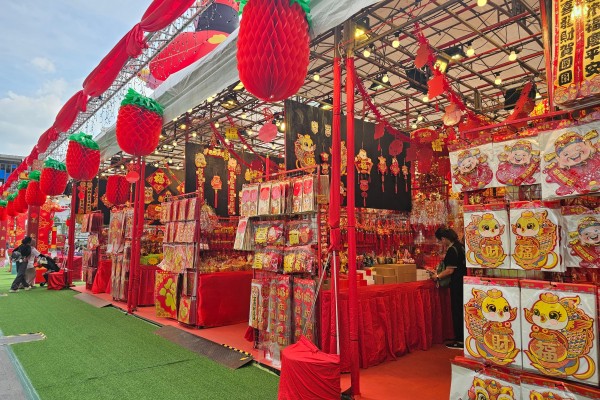
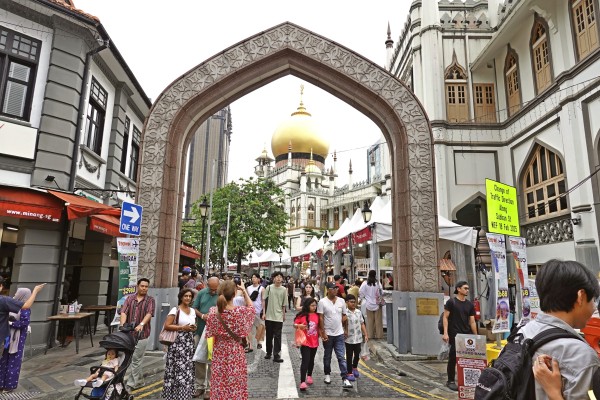

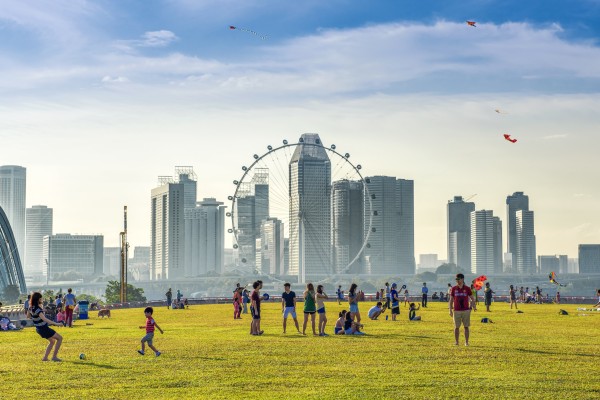
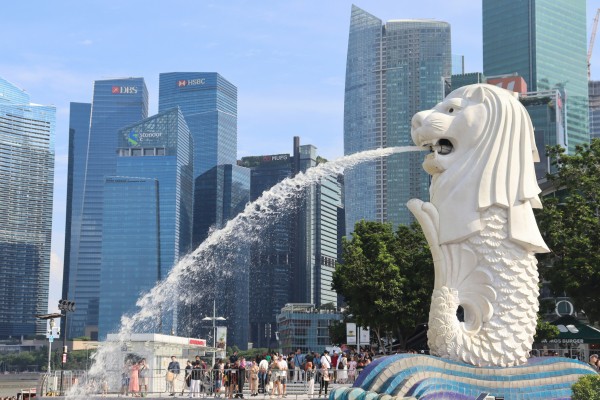

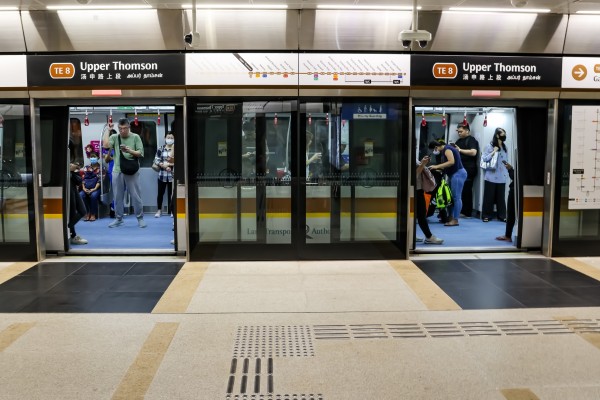
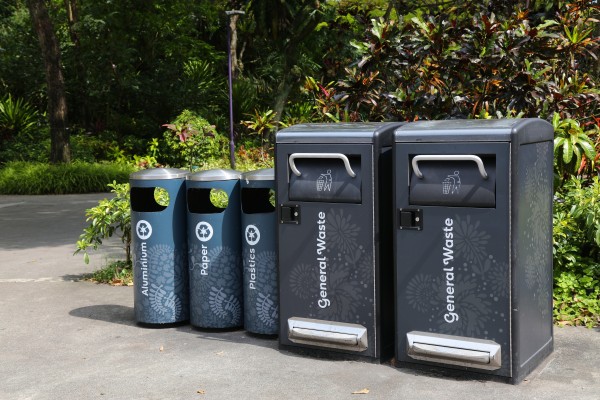
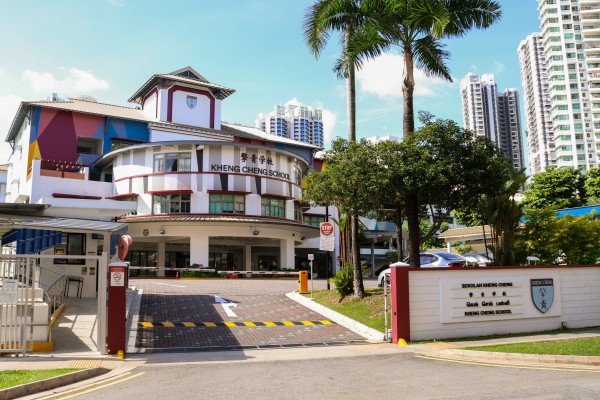
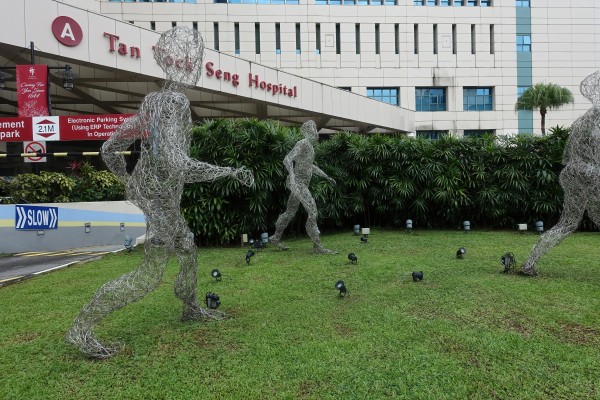

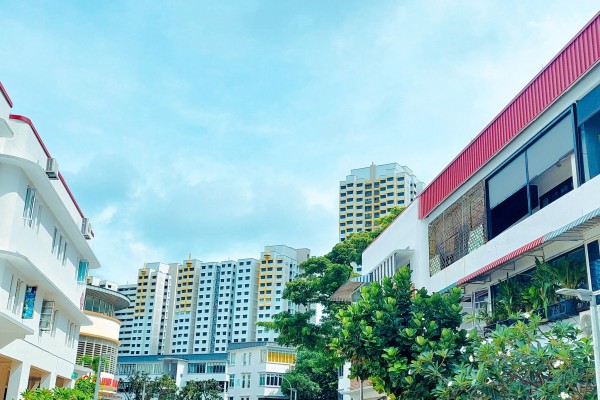
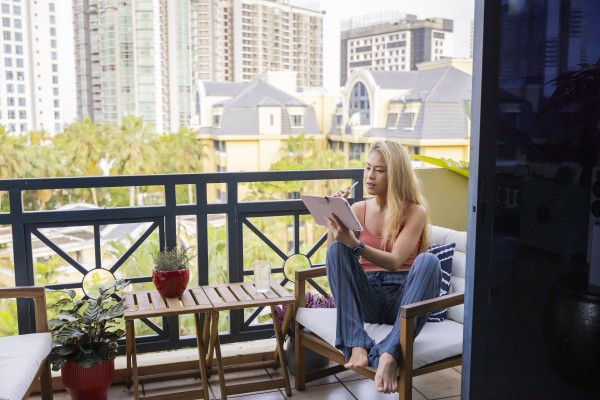
![The Cost of Living in Singapore [2024] The Cost of Living in Singapore [2024]](https://cdn.wisemove.sg/image/blog/1b14e9b503b5517c64f55f4aea2e187e.jpeg)






